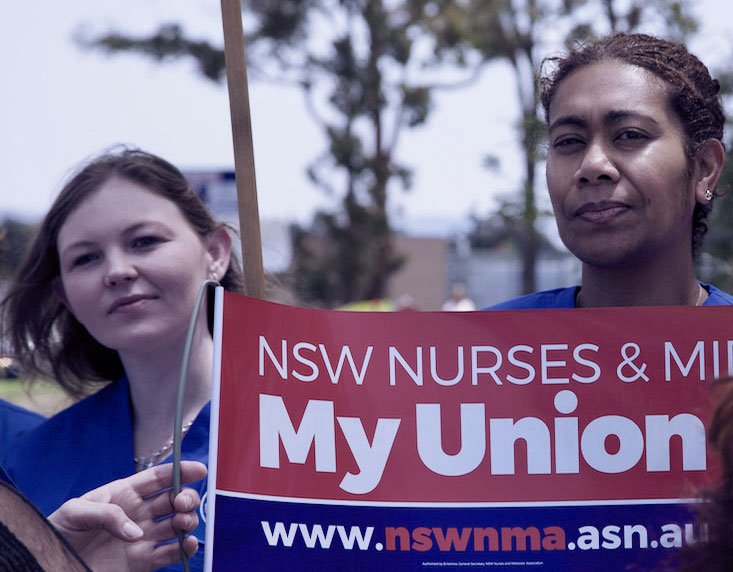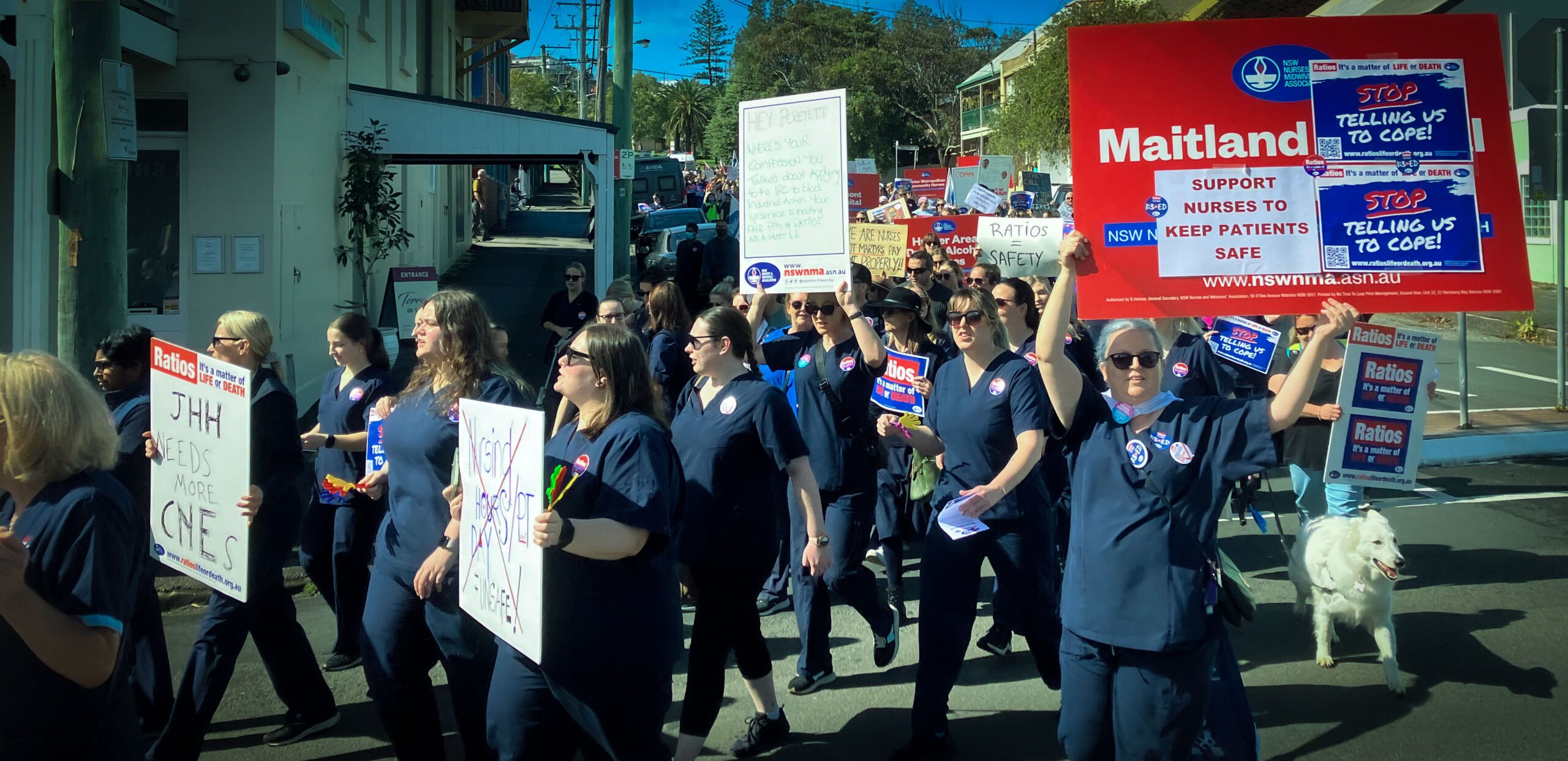The NSW Nurses and Midwives’ Association (NSWNMA) is today hosting an education forum for mental health and drug and alcohol nurses to discuss the therapeutic benefits of medicinal cannabis.
Presenting speakers include Lucy Haslam, director of United in Compassion; Pharmacognosist Justin Sinclair; Suzanne Peirce from the Centre for Medicinal Cannabis Research and Innovation; Senior Professor of Health Economics, Simon Eckermann; and palliative care advocate, Dr Yvonne McMaster.
General Secretary of the NSWNMA, Brett Holmes, said the forum was an important opportunity for nurses working in the drug and alcohol and mental health sectors to be informed about medicinal cannabis as a treatment and discuss the topic with colleagues.
“Nurses stand up for the rights of patients and strive to achieve the best available evidence-based care for them,” Mr Holmes said.
“To do so, means nurses may have to go against current political agendas and, at times, confront the tide of public opinion to advocate for those that need our support.
“Although the majority of medicinal cannabis treatments focus on symptoms associated with physical health disorders such as epilepsy, nausea or chronic pain, more evidence is becoming available for it to aid the treatment of mental health and drug and alcohol issues.
“As such, mental health and drug and alcohol clinicians are increasingly likely to encounter medicinal cannabis as a therapeutic intervention in the course of their clinical practice.
“Preliminary research suggests there may be potential for the treatment of PTSD, anxiety, sleep disorders, mood disorders and a possible substitute for problematic use of other substances.”
Laws allowing the cultivation of medicinal cannabis only came into effect last October and the first licences for controlled commercial cultivation were issued earlier this year. Medicinal cannabis use is still illegal, unless involved in approved trials and through a limited Special Access Scheme.
“The pathways the government has put in place to access medicinal cannabis are quite difficult,” said Ms Haslam, who has lobbied for reform since her son, Dan, passed away from bowel cancer.
“You either need to be part of a clinical trial or you need to find an authorised prescriber. They usually have to be a specialist, someone like a paediatric neurologist or oncologist, and there are currently only about 23 in the country.”
Mr Holmes said the NSWNMA recognised the importance of improved treatment options for effective pain management, particularly for patients who suffer debilitating pain, and as advocates for patients, many nurses understand the impact medicinal cannabis will have in the health sector.
Download this media release: Debunking myths around medicinal cannabis







